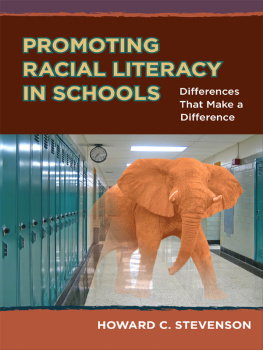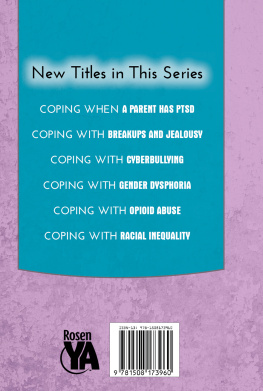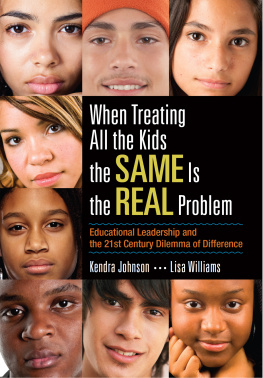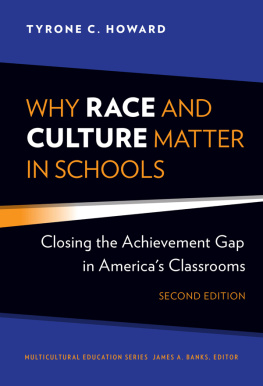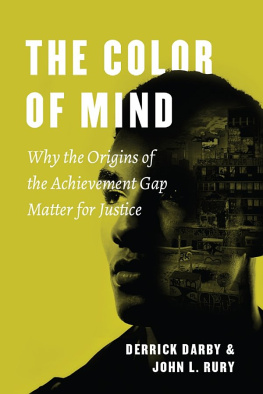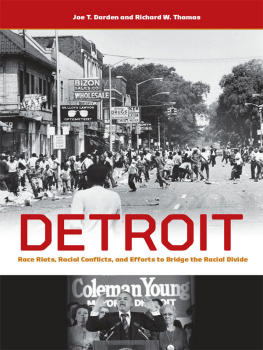Howard Stevenson - Promoting Racial Literacy in Schools: Differences That Make a Difference
Here you can read online Howard Stevenson - Promoting Racial Literacy in Schools: Differences That Make a Difference full text of the book (entire story) in english for free. Download pdf and epub, get meaning, cover and reviews about this ebook. year: 2014, publisher: Teachers College Press, genre: Politics. Description of the work, (preface) as well as reviews are available. Best literature library LitArk.com created for fans of good reading and offers a wide selection of genres:
Romance novel
Science fiction
Adventure
Detective
Science
History
Home and family
Prose
Art
Politics
Computer
Non-fiction
Religion
Business
Children
Humor
Choose a favorite category and find really read worthwhile books. Enjoy immersion in the world of imagination, feel the emotions of the characters or learn something new for yourself, make an fascinating discovery.
- Book:Promoting Racial Literacy in Schools: Differences That Make a Difference
- Author:
- Publisher:Teachers College Press
- Genre:
- Year:2014
- Rating:5 / 5
- Favourites:Add to favourites
- Your mark:
Promoting Racial Literacy in Schools: Differences That Make a Difference: summary, description and annotation
We offer to read an annotation, description, summary or preface (depends on what the author of the book "Promoting Racial Literacy in Schools: Differences That Make a Difference" wrote himself). If you haven't found the necessary information about the book — write in the comments, we will try to find it.
Based on extensive research, this provocative volume explores how schools are places where racial conflicts often remain hidden at the expense of a healthy school climate and the well-being of students of color. Most schools fail to act on racial microaggressions because the stress of negotiating such conflicts is extremely high due to fears of incompetence, public exposure, and accusation. Instead of facing these conflicts head on, schools perpetuate a set of avoidance or coping strategies. The author of this much-needed book uncovers how racial stress undermines student achievement. Students, educators, and social service support staff will find workable strategies to improve their racial literacy skills to read, recast, and resolve racially stressful encounters when they happen.
Book Features:
- A model that applies culturally relevant behavioral stress management strategies to problem solve racial stress in schools.
- Examples demonstrating workable solutions relevant within predominantly White schools for students, parents, teachers, and administrators.
- Measurable outcomes and strategies for developing racial literacy skills that can be integrated into the K12 curriculum and teacher professional development.
- Teaching and leadership skills that will create a more tolerant and supportive school environment for all students.
Once more, Howard Stevenson has provided a blueprint of critical importance to policymakers, practitioners, teachers, and parents!
Margaret Beale Spencer, Marshall Field IV Professor of Urban Education and professor of Life Course Human Development, University of Chicago
Howard C. Stevenson is a clinical and consulting psychologist and professor of Education and Africana Studies and former chair of the Applied Psychology and Human Development Division in the Graduate School of Education at the University of Pennsylvania.
Howard Stevenson: author's other books
Who wrote Promoting Racial Literacy in Schools: Differences That Make a Difference? Find out the surname, the name of the author of the book and a list of all author's works by series.

